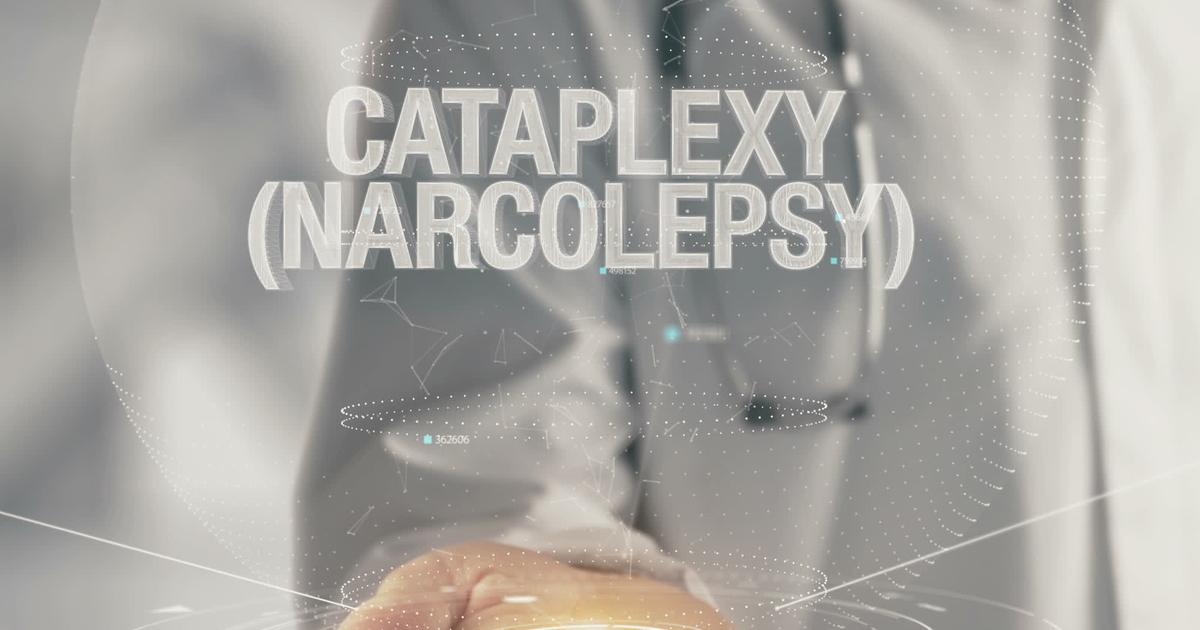Serious Symptoms Of Catatonic Schizophrenia
Catatonic schizophrenia, one of the five schizophrenia subtypes, tends to present with disturbances in movement, although other typical symptoms are present to a lesser extent. Individuals affected by this illness might have dramatically reduced physical activity, and their voluntary movement might even stop entirely. Activity might also undergo periods of dramatic increase. Other movement disturbances might also be present. The same symptoms that occur in catatonic schizophrenia can also occur in other subtypes, but they tend to be dominant for those with catatonic schizophrenia. To receive a diagnosis of catatonic schizophrenia, the core symptoms must be present.
Get the full details on serious symptoms linked to catatonic schizophrenia now.
Cataplexy

Cataplexy is a movement abnormality that typically occurs in narcolepsy patients. Though cataplexy rarely occurs in those who don't have narcolepsy, there have been cases where narcolepsy presents alongside catatonic schizophrenia or vice-versa. The condition occurs when an individual experiences uncontrolled, sudden paralysis or muscle weakness. It occurs during the day and can often be triggered by strong emotions like laughter and excitement. There's typically very little warning before an individual loses their muscle tone. They might have total weakness throughout their body, buckled knees, broken speech, and a slack jaw. When a patient experiences complete cataplexy, they're awake and aware of what's happening, but they are unable to move. The episode will typically last just one or two minutes, and some individuals fall asleep following them. The frequency of these episodes varies widely from case to case. Patients who have catatonic schizophrenia but not narcolepsy might never experience cataplexy. Some patients might avoid experiencing emotions that bring on cataplexy attacks. The lack of muscle tone occurs because an individual's sleep and wake cycles are not regulated, and the body suddenly believes it's asleep.
Uncover more symptoms of catatonic schizophrenia now.